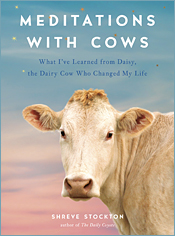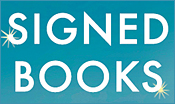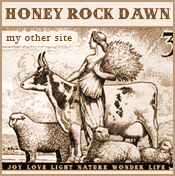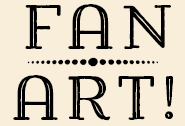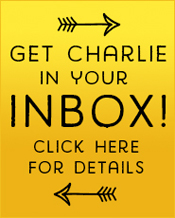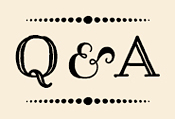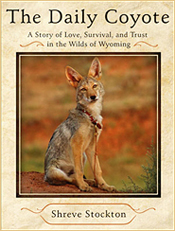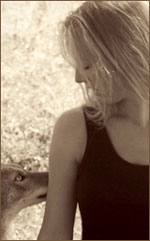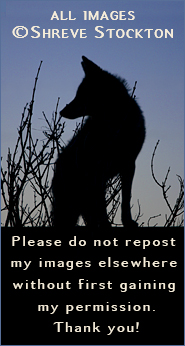Published authors have always said, “Writing a book is not the way to make a quick and easy buck” and now having published two books, I wholeheartedly agree. It’s agonizing work. Completely worthwhile, if you have a passion or compulsion for writing (I do believe one or the other is absolutely necessary), and there is always the possibility for riches, but nonetheless it is very agonizing work.
I tried to keep the basics of what I’ve learned in the past five years short and sweet, but that proved impossible. For those interested, my take on agents, queries, proposals, and how to sell your work is after the jump…..
The Catch-22 for “unknowns” is that most major publishing houses will not look at submissions unless they come through an agent, and it can be difficult (though certainly not impossible) to get an agent if you don’t have a track record. However, you don’t NEED an agent in order to sell your book. It’s helpful, especially when negotiating contracts and terms, but you can get published without one.
With my first book, I did not have an agent. I queried a small publishing house directly and they gave me an offer on the book. Since Eating Gluten Free was, especially in 2004, aimed at a small niche market, it was pragmatic to find a small publisher that focused on specialized health and diet books.
Tip: Do your research. Go to bookstores and libraries and find books in a similar genre as your book and see who published those books. Look up the publishers’ websites, check out their submission guidelines. There are some great houses out there that still take author submissions.
Now the flip side – I wouldn’t trade my agent for the world! I met her in New York after I ended my Vespa trip and thanks to that meeting, I knew with certainty that she was the perfect person for me, and thanks to the relative success of Eating Gluten Free and the possiblity of a book about my Vespa trek, we signed together. So, we had an established relationship by the time offers came in for The Daily Coyote and I was able to turn it all over to her. She did an incredible job with negotiations and terms and I don’t doubt that my advance for The Daily Coyote was at least three times what it would have been if I hadn’t had an agent.
Though many authors jump at the chance to sign with anyone, do realize that you are bound to this person for the entire life of the book you sell together. It’s an intense and important relationship. They are negotiating for you. All advances and royalties go through the agent and then to you. Trust and a good rapport make this relationship (like any) much more pleasant and therefore more successful. I have cried, yelled, vented, and shared extremely personal information with my agent. I can be the insane artist and she can turn around and be the diplomatic voice. She’s the ideal person for me, and I knew that from meeting with her at the beginning. It is not only your right, but an intellegent move, to have a lengthy phone call or meeting with any agent who is interested in your work. Find out about them. They size you up before deciding to work with you, and you can and should size them up as well.
Tip: Agents are extremely busy and you do not want to waste their time. Find out how to write a query letter – there are many books and probably zillions of websites with this info. Revise your query letter fifteen times if necessary and give it to friends/coworkers/your writers group to critique. Research who would be a proper match for your book (if an agent sells mysteries, don’t query them about your cookbook). The query letter must make it clear and undeniable that it is worth the agents while to respond to you; the burden of proof, so to speak, falls on your shoulders.
So far, the communication I’ve talked about, whether to an agent or a publishing house, is in the form of a one-page query letter. After your query has been accepted and responded to, the agent or publisher will ask to see your work. A work of fiction, generally, needs to be completed before it is sold. You will be asked to send X amount of pages, and if those are well received, to then send the novel in its entirety.
A non-ficiton book is sold based on a proposal, NOT the finished manuscript. In fact, agents and publishers prefer that the book not be written, so that changes or alterations may be made if they like the general aspect of your proposal. There are many books available that focus solely on how to write a book proposal and I recommend getting one or two and referencing them heavily. I did, and it made the intricate and precise process of writing a proposal much clearer, plus, these books explain what must be included in the proposal and what publishers are looking for. A neat, organized, and in-depth proposal will help your chances in selling the book and make you look all the more professional and capable.
The proposal will either get you a deal or a rejection letter. It is not something you can put together in a weekend. It takes a surprising amount of work, research, and soul-searching, but I have loved writing the proposals for my books. I found the proposals very helpful in writing the actual books, kind of a preliminary organizational session. It’s like an outline for the book as a whole, a thesis statement for each chapter, and a lighthouse for when things get murky in the middle.
Most Important Tip: Getting a book deal is more than just providing great writing or great information. In an ideal world, we could just hole up in a corner of a cafe or at the top of a tower and write all day and night and send out our pages and they would be distributed amongst the masses to hungrily devour… but such is not reality. There is SO much media, so much stimulus, and people have such short attention spans that selling and distributing a book is not something publishers want (or are very likely) to do alone. You must prove your ability to sell your book.
Having an editor at a publishing house in love with your work is not a guarantee that you’ll get a book deal, for your book must pass through all the departments of the house – people in marketing and accounting need to greenlight your project as well. Publishing is a business, and they need to be confident that your book will help boost their business. The best way to show a publisher (or agent) that your book will benefit them is to bring an audience with you. Show the publisher that you have people clamoring for your words and your work. This means working hard with no pay and no guarantees – write articles for local weeklies, start a blog, market that blog, treat every day as an opportunity to make connections that will help you fulfill your ability to expand your audience.
We all know the phrase “Do what you love and the money will follow.” I think it’s in existence because it’s simply too discouraging to do all the work necessary to succeed if you are not doing what you love to do to begin with. I make money off this blog, that’s no secret, but I was taking photos of Charlie and sharing them with others with no idea or intention of ever making a dime from it! I just did it because I loved doing it. And a small business happened to bloom from that love.
Publishing is often a long, hard road, and even when it’s short, it’s hard. As with any endeavor, focus on what you are getting out of it, besides money. Focus on what you are giving others as you work towards your goal. Then the journey, as they say, will be as fulfilling as the destination.












